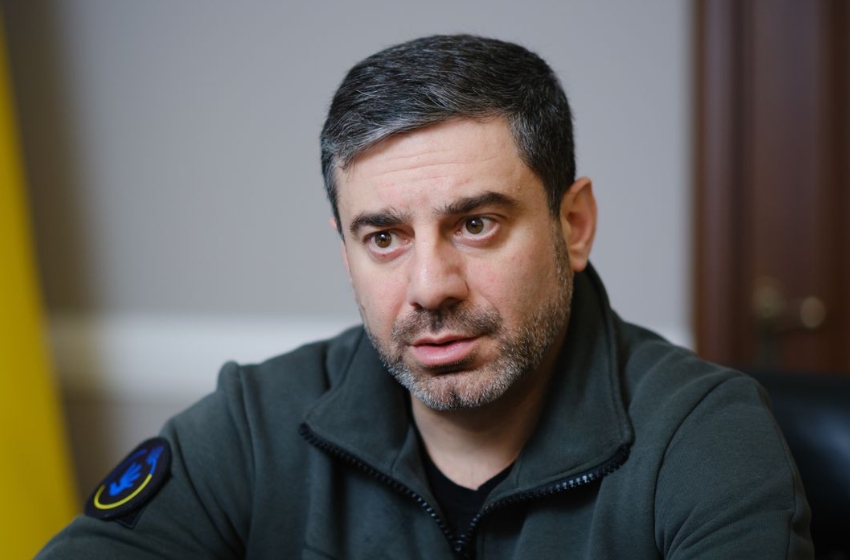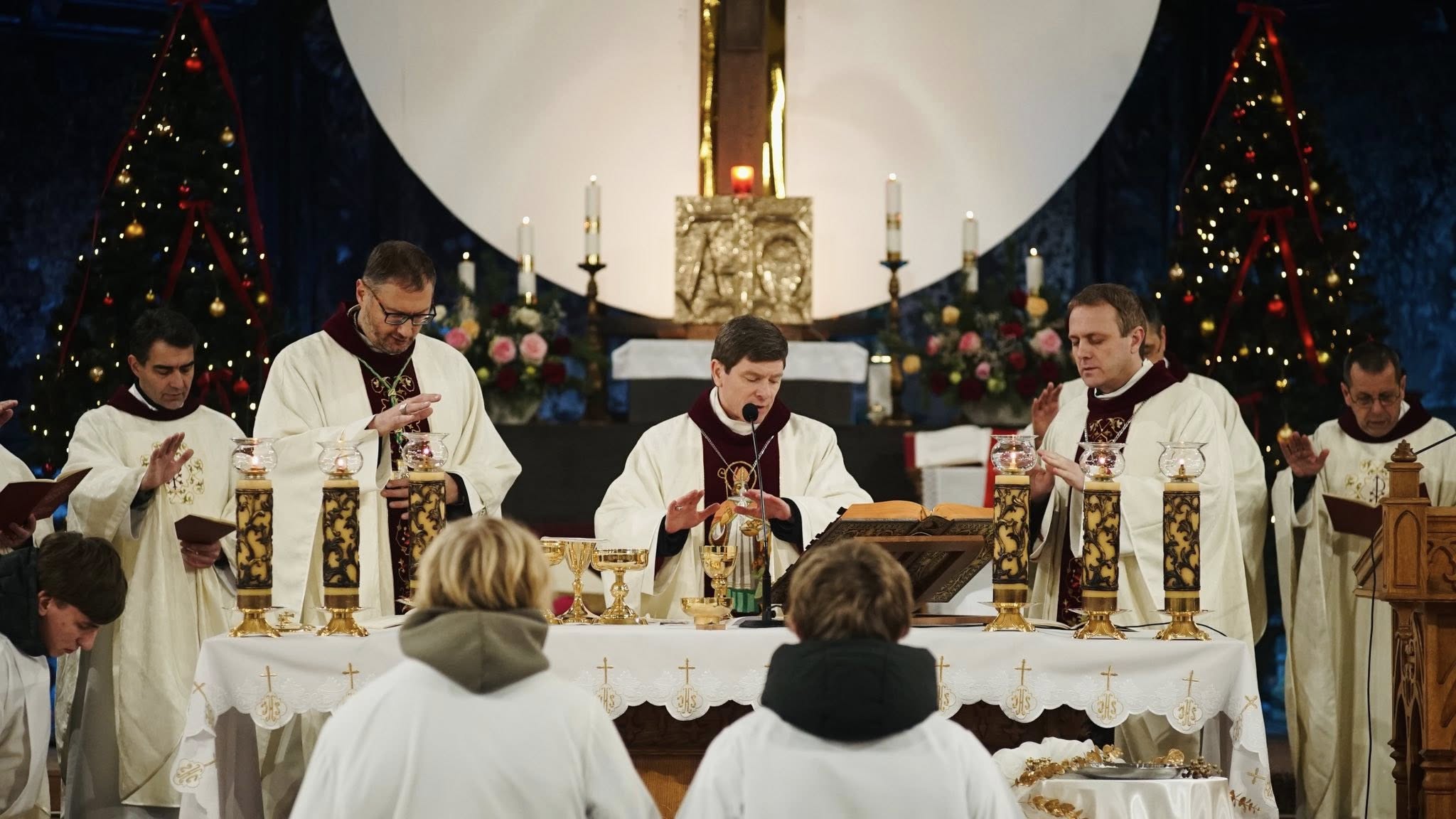The physical condition of the servicemen who returned from Russian captivity indicates that Russia continues to violate the Geneva Conventions regarding the treatment of prisoners of war.
This was stated on a live broadcast by Dmytro Lubinets, the Ukrainian Parliament Commissioner for Human Rights.
“This exchange was a continuation of the previous one. It focused on prisoners of war who had been in captivity the longest. Most of the soldiers who returned today had been held since 2022. These are young men born in 2000 or later,” Lubinets emphasized.
According to him, representatives of the Ombudsman’s Office were present at the exchange site to examine the condition of the returned Ukrainian soldiers.
“They spoke with our heroes freed from Russian captivity. The first inspection showed the state in which they returned. We immediately recorded violations of the rights of Ukrainian POWs by the Russian Federation. I believe that even from the photos and videos, anyone can see the physical condition of our returning heroes. And based on that alone, we can assert that, unfortunately, the Russian side continues to violate the Geneva Conventions and treats Ukrainian prisoners of war inhumanely,” Lubinets stated.
He noted that the exchange was facilitated with the help of the United Arab Emirates, who traditionally act as intermediaries between Ukraine and the Russian side.
“Each exchange is used by Ukraine to prepare for future ones. This one is no exception. It is a continuation of the previous exchange. ...Communication with the Russian side is not easy. But we still hope that Russia will support Ukraine’s proposal to conduct large-scale exchanges — primarily to return those who have been in captivity the longest and those who urgently need medical assistance. A separate list has been compiled for medical reasons: the severely wounded and the critically ill,” he added.
When asked whether the number of people exchanged was proposed by Russia, the Ombudsman clarified that it is always Ukraine that initiates.
“No, it is always a Ukrainian initiative. We submit proposals to our partners — the intermediaries in the prisoner exchange negotiations. Just in 2025, we have already sent several extensive lists to the Russian side via mediators, with the initiative to organize large exchanges of all Ukrainian POWs who are officially registered as 'prisoners of war' or 'missing persons',” Lubinets explained.
He also mentioned that several Ukrainian servicemen have already been returned from Russian captivity in 2025.
“It’s good that exchanges are taking place. At least we can see consistency: in 2025, there hasn’t been a single month without an exchange, whether large or small. But our goal is to bring everyone home. No matter how much Russia tries to manipulate the issue, as you all can see, we are demonstrating effectiveness in this work despite obstacles from the Russian side,” he said.
Lubinets also added that the Russians continue to stall the negotiation process on exchanges.
“Their main tactic is delay. For instance, they constantly request data clarification and list verification. I’ve faced situations where we’ve already sent the lists and started discussing them, but the Russians say once again they never received them and ask us to send them again,” he noted.





















